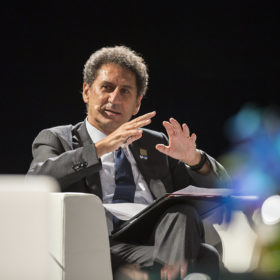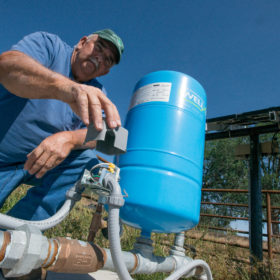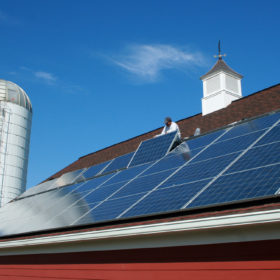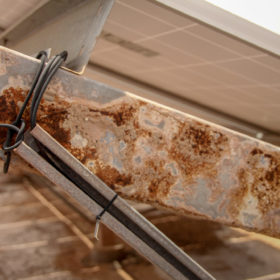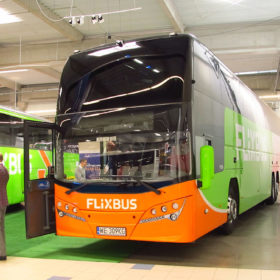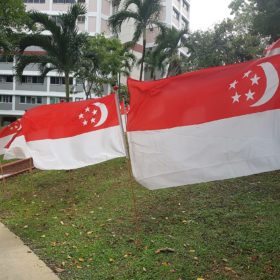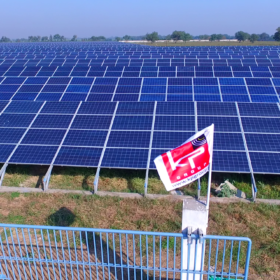Project developers in south Asia can secure cash from IRENA funding pot
The Climate Investment Platform launched by three multilateral bodies in September is now open for business and renewables companies in developing nations across 14 regions including south Asia could qualify for help with clean energy facilities, renewables-related grid improvements and energy efficiency schemes.
The long read: Renewable energy procurement comes to China
An growing number of companies globally have set sustainability targets to address the climate emergency. More than 700 companies are taking action to reduce their carbon footprint, write Caroline Zhu and Jiayin Song of Rocky Mountain Institute, and over 200 companies have publicly made the RE100 commitment to procure 100% of their electricity from renewable energy.
A multi-level inverter for solar water pumps
Scientists in India have tested a new inverter topology with a single-phase, induction-motor water pump. The seven-level inverter, with five power semiconductor switches, is said to be particularly efficient at reducing switching losses thanks to a pulse width modulation technique.
EVs: India lacks authorized Lithium-ion battery recycling facilities
Any proponent can install such facility in the country, said Minister of State for Environment, Forest And Climate Change, noting that technologies are available for complete recycling of lithium batteries to recover valuable metals.
A little Green Brilliance in a Virginian vineyard
The Indian installer supplied panels for a commercial client in the U.S. who had been inspired by a trip to Rajasthan with his wife in 2008.
Assessing metal leaching from PV modules dumped in landfill
An Indian Institute of Technology research team analyzed around 300 studies about PV panel waste containing carcinogenic metals. The researchers said solar module recycling is not economically profitable and policy support is necessary to avoid panels being dumped in landfill.
German company Phaesun installs solar-powered water desalination plants in Gujarat
The pilot plants—installed at a temple and a school—work on a membrane-based electrodialysis technology to provide clean drinking water.
European carrier plans hydrogen buses for long-distance routes
German coach company planning start-up Flixbus will test hydrogen fuel cell vehicles on long-distance routes.
E-waste company opens battery recycling plants in Singapore and France
TES issued a press release announcing the new facilities that is light on detail but claimed the plants would position it as ‘a leader’ in battery recycling. The company also announced an intent to move into the reuse of spent electric vehicle batteries in commercial and residential applications.
Siemens to impart skills in renewable energy and e-mobility
The ‘Skills for Sustainable Growth’ project will be implemented by Siemens in partnership with India’s Ministry of Skill Development and Entrepreneurship and German development agency GIZ.
